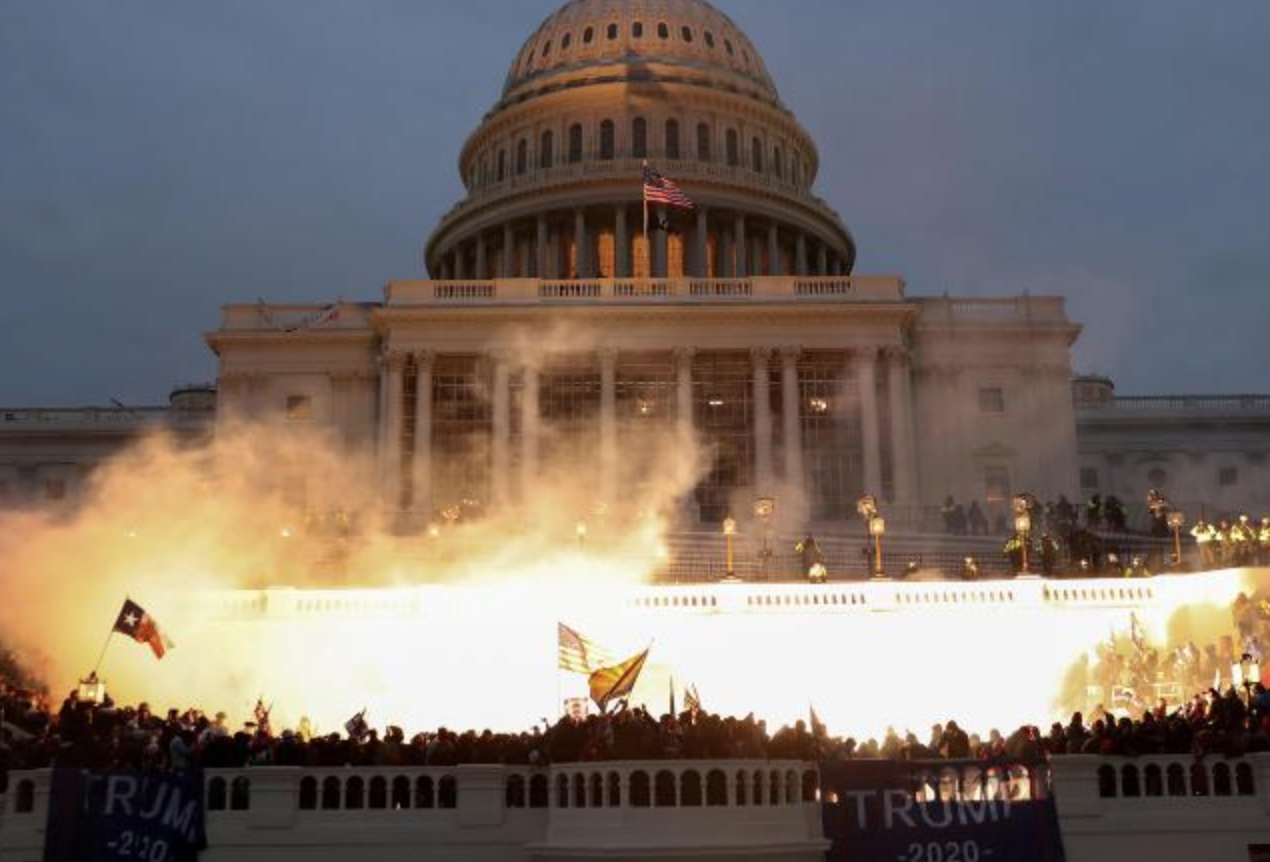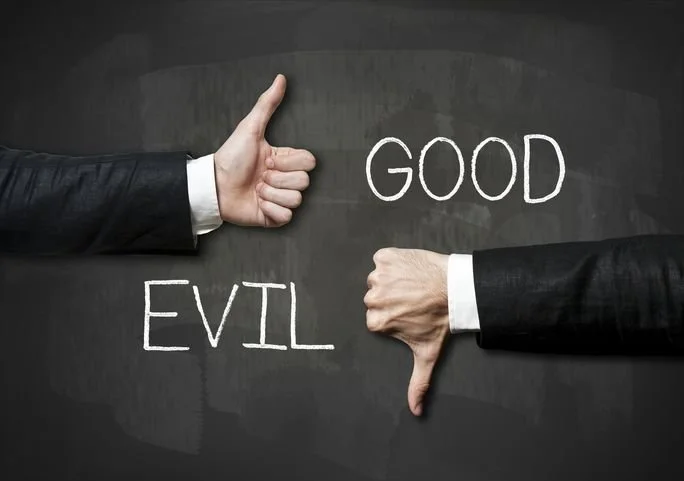Parents in pews rarely turn to Rolling Stone for advice about pop-culture morality.
But the magazine's expose about "The Idol," a summer HBO series about a romance between a pop starlet and an edgy cult leader, produced waves of viral quotes. Production staffers called it a "rape fantasy" that verged on "sexual torture porn." One said the series about a young woman "finding herself sexually" evolved into "a show about a man who gets to abuse this woman, and she loves it."
The network cancelled "The Idol," even though a public-relations statement cited "strong audience response" to "one of HBO's most provocative" dramas.
Thus, HBO landed on the Parents Television and Media Council "naughty list" for 2023. The citation noted: "HBO has led the charge towards marketing explicit, adult content to children and teens, introducing the sexually explicit The Idol to viewers this past summer, quietly adding Naked Attraction featuring uncensored fully naked contestants, and extending teen-targeted Euphoria for another season of drugs and depravity."
National Public Radio hailed "Euphoria" as "thrilling, daring, disquieting and compelling," as well as "a parent's worst nightmare" with its focus on high-school students who have "problems handling an excess of drugs, drink and sex" and "always seem to make the worst choices."
While stressing that PTMC is secular, it's obvious that today's digital screen culture – delivered through smartphones, tablets, laptops and, every now and then, televisions – is raising issues that religious leaders cannot ignore, said Melissa Henson, the organization's programming director.
"Unquestionably, COVID accelerated a shift in media consumption patterns. … We're not talking about the end of traditional television, but there is no question that the audience is becoming more and more fragmented," said Henson, in a telephone interview.
"This is making it harder for parents to be aware of what their children are watching, of course. Also, the online world isn't controlled by the kinds of forces that affected TV or even cable TV, such as the desires of advertisers."










